TLDR: We voluntarily underwent an audit to check our environmental science and math, and passed with flying colors!
Farmlink Project Achieves ISO 14064-2 Validation
The Farmlink Project has reached a major milestone: earning International Organization for Standardization (ISO) 14064-2 validation for its greenhouse gas (GHG) emissions reduction methodology. This recognition is the result of Farmlink’s enduring commitment to data-driven, science-backed approaches to measuring impact in the food recovery sector.
What ISO 14064-2 Validation Means
ISO 14064-2 belongs to the globally recognized ISO 14064 family of standards. It provides a rigorous framework for reporting and verifying GHG emissions reductions at the project level. By voluntarily developing a methodology to quantify avoided emissions from food recovery and have it third-party validated to an internationally recognized standard, Farmlink can stand behind the credibility and transparency of its reported environmental impact.
Why Methane Matters
Farmlink’s approach improves on existing food recovery calculations by more accurately reflecting the immediate climate value of food recovery. Methane, compared to carbon dioxide, remains in the atmosphere for about 12 years but is 80–86 times more powerful at warming the planet during that time. Including methane’s effect over 20 years, rather than 100, thus more accurately captures its warming power and the upside of mitigating it at the source through food recovery. Farmlink uses a conservative factor of 80, based on IPCC recommendations, to quantify avoided methane emissions in carbon dioxide equivalents (CO2e). Farmlink now reports on both a 20-year and a 100-year timescale to ensure alignment with conventional carbon reporting protocols while capturing the true near-term climate value of methane mitigation.
Food Recovery as a Verified Climate Solution
This validation strengthens Farmlink’s climate impact credibility, made possible through its robust food recovery operations. By preventing millions of pounds of food from going to waste, Farmlink reduces methane emissions, a powerful climate lever cited by the Environmental Defense Fund as one of the most immediate and impactful ways to slow global warming and alleviate climate stress (EDF). Independent verification through ISO ensures that Farmlink’s impact claims are measured against the highest international standards.
A Pivotal Step Forward
“Scientists warn that methane is rising faster than at any time since the 1980s, and “Achieving ISO 14064-2 validation is more than a milestone for Farmlink – it signals that food recovery is a legitimate, science-backed climate solution at the exact moment the world needs it most,” said Julia DeSantis, Farmlink’s Director of Sustainability. ,” said Julia DeSantis, Farmlink’s Director of Sustainability. ” said Julia DeSantis, Farmlink’s Director of Sustainability. while we continue the longer process of decarbonizing energy systems. This formal validation adds to the growing body of evidence that food recovery delivers lasting methane reductions with immediate climate and community benefits – at a moment when rapid methane reduction is needed most.”
Positioning for the Future
With ISO 14064-2 validation, Farmlink leads the way in demonstrating how its food recovery model provides a meaningful, rapid, and reliable climate solution that is positioned to further scale with the support of dedicated climate financing. Businesses, governments, and community partners can trust Farmlink’s validated emissions avoidance calculations to integrate food recovery into sustainability strategies and disclose in impact reporting. This achievement reinforces Farmlink’s mission: eradicate methane emissions from food waste, expand access to nutritious food and build a more connected and resourceful food system nationwide.
For more information or to discuss Farmlink's methodology, please contact the Director of Sustainability at Farmlink at julia.desantis@farmlinkproject.org
< Back
TLDR: We voluntarily underwent an audit to check our environmental science and math, and passed with flying colors!
Farmlink Project Achieves ISO 14064-2 Validation
The Farmlink Project has reached a major milestone: earning International Organization for Standardization (ISO) 14064-2 validation for its greenhouse gas (GHG) emissions reduction methodology. This recognition is the result of Farmlink’s enduring commitment to data-driven, science-backed approaches to measuring impact in the food recovery sector.
What ISO 14064-2 Validation Means
ISO 14064-2 belongs to the globally recognized ISO 14064 family of standards. It provides a rigorous framework for reporting and verifying GHG emissions reductions at the project level. By voluntarily developing a methodology to quantify avoided emissions from food recovery and have it third-party validated to an internationally recognized standard, Farmlink can stand behind the credibility and transparency of its reported environmental impact.
Why Methane Matters
Farmlink’s approach improves on existing food recovery calculations by more accurately reflecting the immediate climate value of food recovery. Methane, compared to carbon dioxide, remains in the atmosphere for about 12 years but is 80–86 times more powerful at warming the planet during that time. Including methane’s effect over 20 years, rather than 100, thus more accurately captures its warming power and the upside of mitigating it at the source through food recovery. Farmlink uses a conservative factor of 80, based on IPCC recommendations, to quantify avoided methane emissions in carbon dioxide equivalents (CO2e). Farmlink now reports on both a 20-year and a 100-year timescale to ensure alignment with conventional carbon reporting protocols while capturing the true near-term climate value of methane mitigation.
Food Recovery as a Verified Climate Solution
This validation strengthens Farmlink’s climate impact credibility, made possible through its robust food recovery operations. By preventing millions of pounds of food from going to waste, Farmlink reduces methane emissions, a powerful climate lever cited by the Environmental Defense Fund as one of the most immediate and impactful ways to slow global warming and alleviate climate stress (EDF). Independent verification through ISO ensures that Farmlink’s impact claims are measured against the highest international standards.
A Pivotal Step Forward
“Scientists warn that methane is rising faster than at any time since the 1980s, and “Achieving ISO 14064-2 validation is more than a milestone for Farmlink – it signals that food recovery is a legitimate, science-backed climate solution at the exact moment the world needs it most,” said Julia DeSantis, Farmlink’s Director of Sustainability. ,” said Julia DeSantis, Farmlink’s Director of Sustainability. ” said Julia DeSantis, Farmlink’s Director of Sustainability. while we continue the longer process of decarbonizing energy systems. This formal validation adds to the growing body of evidence that food recovery delivers lasting methane reductions with immediate climate and community benefits – at a moment when rapid methane reduction is needed most.”
Positioning for the Future
With ISO 14064-2 validation, Farmlink leads the way in demonstrating how its food recovery model provides a meaningful, rapid, and reliable climate solution that is positioned to further scale with the support of dedicated climate financing. Businesses, governments, and community partners can trust Farmlink’s validated emissions avoidance calculations to integrate food recovery into sustainability strategies and disclose in impact reporting. This achievement reinforces Farmlink’s mission: eradicate methane emissions from food waste, expand access to nutritious food and build a more connected and resourceful food system nationwide.
For more information or to discuss Farmlink's methodology, please contact the Director of Sustainability at Farmlink at julia.desantis@farmlinkproject.org
A New Standard in Food Recovery and Climate Action
TLDR: We voluntarily underwent an audit to check our environmental science and math, and passed with flying colors!
Farmlink Project Achieves ISO 14064-2 Validation
The Farmlink Project has reached a major milestone: earning International Organization for Standardization (ISO) 14064-2 validation for its greenhouse gas (GHG) emissions reduction methodology. This recognition is the result of Farmlink’s enduring commitment to data-driven, science-backed approaches to measuring impact in the food recovery sector.
What ISO 14064-2 Validation Means
ISO 14064-2 belongs to the globally recognized ISO 14064 family of standards. It provides a rigorous framework for reporting and verifying GHG emissions reductions at the project level. By voluntarily developing a methodology to quantify avoided emissions from food recovery and have it third-party validated to an internationally recognized standard, Farmlink can stand behind the credibility and transparency of its reported environmental impact.
Why Methane Matters
Farmlink’s approach improves on existing food recovery calculations by more accurately reflecting the immediate climate value of food recovery. Methane, compared to carbon dioxide, remains in the atmosphere for about 12 years but is 80–86 times more powerful at warming the planet during that time. Including methane’s effect over 20 years, rather than 100, thus more accurately captures its warming power and the upside of mitigating it at the source through food recovery. Farmlink uses a conservative factor of 80, based on IPCC recommendations, to quantify avoided methane emissions in carbon dioxide equivalents (CO2e). Farmlink now reports on both a 20-year and a 100-year timescale to ensure alignment with conventional carbon reporting protocols while capturing the true near-term climate value of methane mitigation.
Food Recovery as a Verified Climate Solution
This validation strengthens Farmlink’s climate impact credibility, made possible through its robust food recovery operations. By preventing millions of pounds of food from going to waste, Farmlink reduces methane emissions, a powerful climate lever cited by the Environmental Defense Fund as one of the most immediate and impactful ways to slow global warming and alleviate climate stress (EDF). Independent verification through ISO ensures that Farmlink’s impact claims are measured against the highest international standards.
A Pivotal Step Forward
“Scientists warn that methane is rising faster than at any time since the 1980s, and “Achieving ISO 14064-2 validation is more than a milestone for Farmlink – it signals that food recovery is a legitimate, science-backed climate solution at the exact moment the world needs it most,” said Julia DeSantis, Farmlink’s Director of Sustainability. ,” said Julia DeSantis, Farmlink’s Director of Sustainability. ” said Julia DeSantis, Farmlink’s Director of Sustainability. while we continue the longer process of decarbonizing energy systems. This formal validation adds to the growing body of evidence that food recovery delivers lasting methane reductions with immediate climate and community benefits – at a moment when rapid methane reduction is needed most.”
Positioning for the Future
With ISO 14064-2 validation, Farmlink leads the way in demonstrating how its food recovery model provides a meaningful, rapid, and reliable climate solution that is positioned to further scale with the support of dedicated climate financing. Businesses, governments, and community partners can trust Farmlink’s validated emissions avoidance calculations to integrate food recovery into sustainability strategies and disclose in impact reporting. This achievement reinforces Farmlink’s mission: eradicate methane emissions from food waste, expand access to nutritious food and build a more connected and resourceful food system nationwide.
For more information or to discuss Farmlink's methodology, please contact the Director of Sustainability at Farmlink at julia.desantis@farmlinkproject.org
.png)

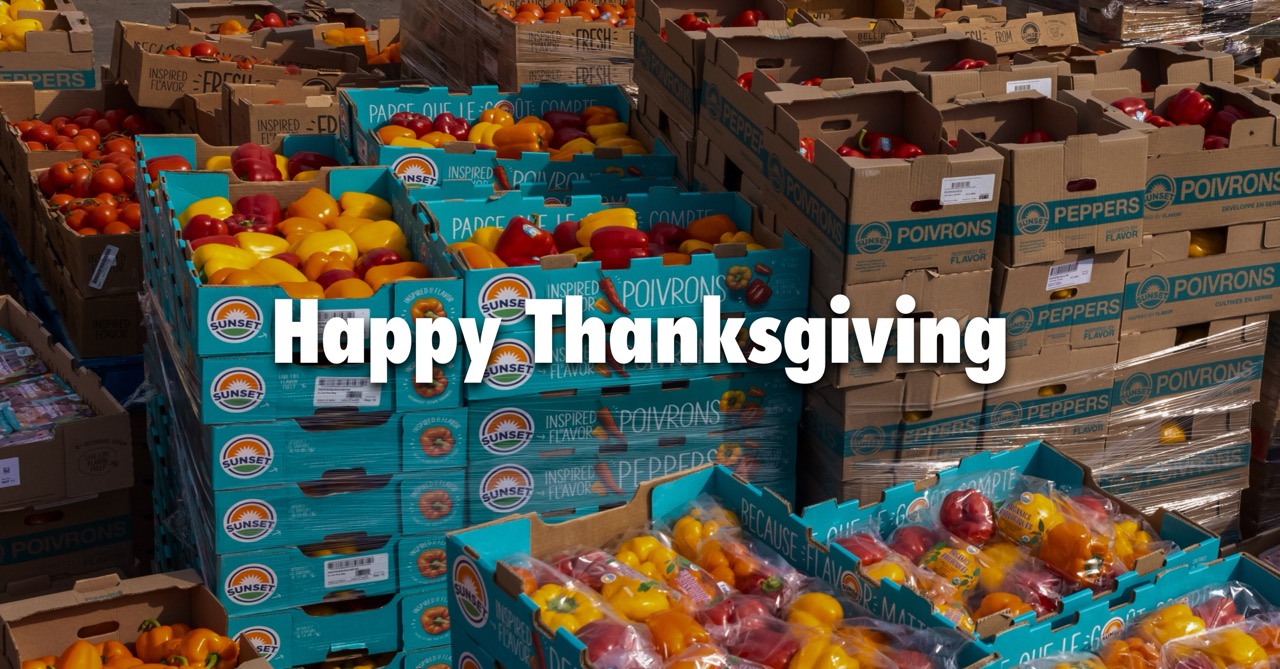
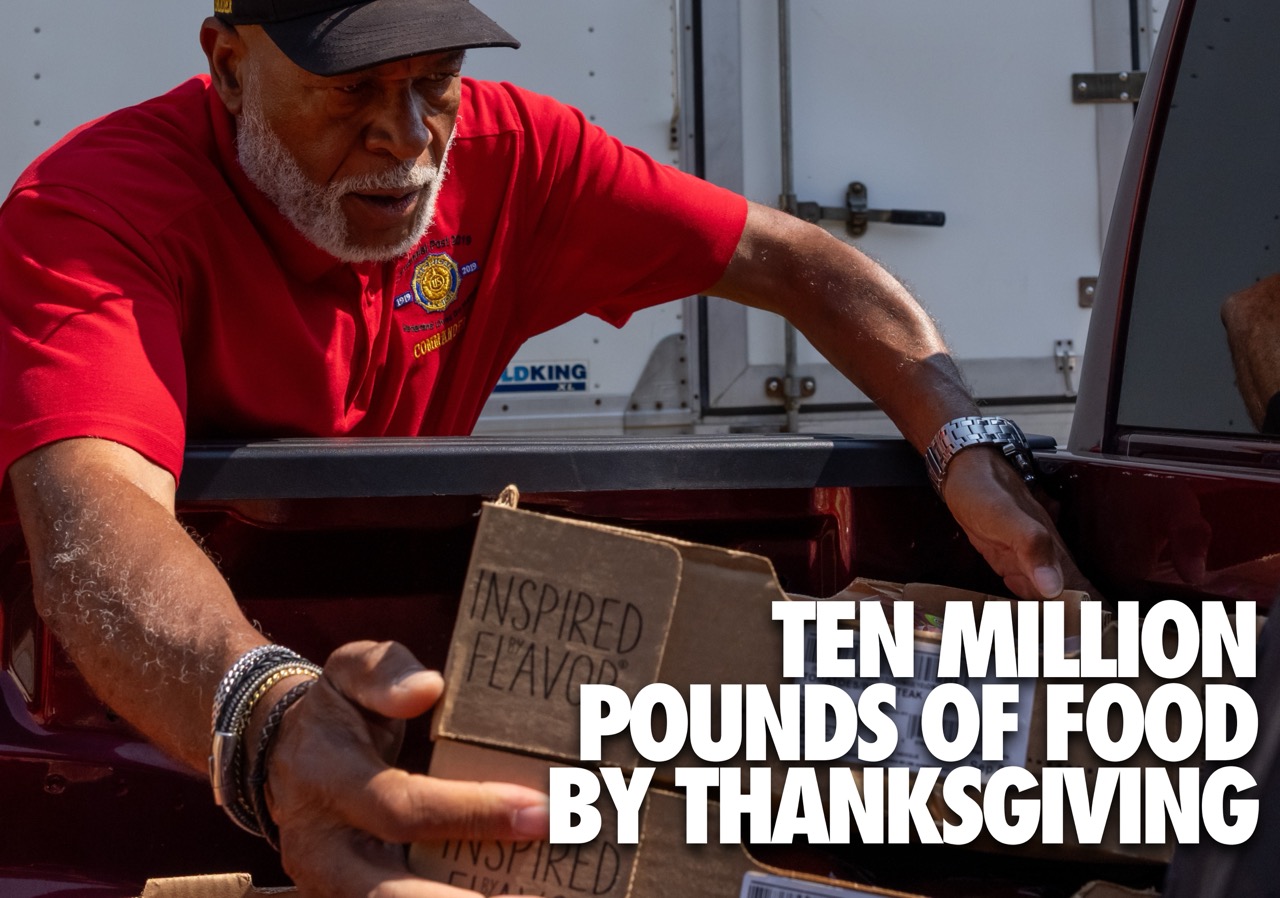
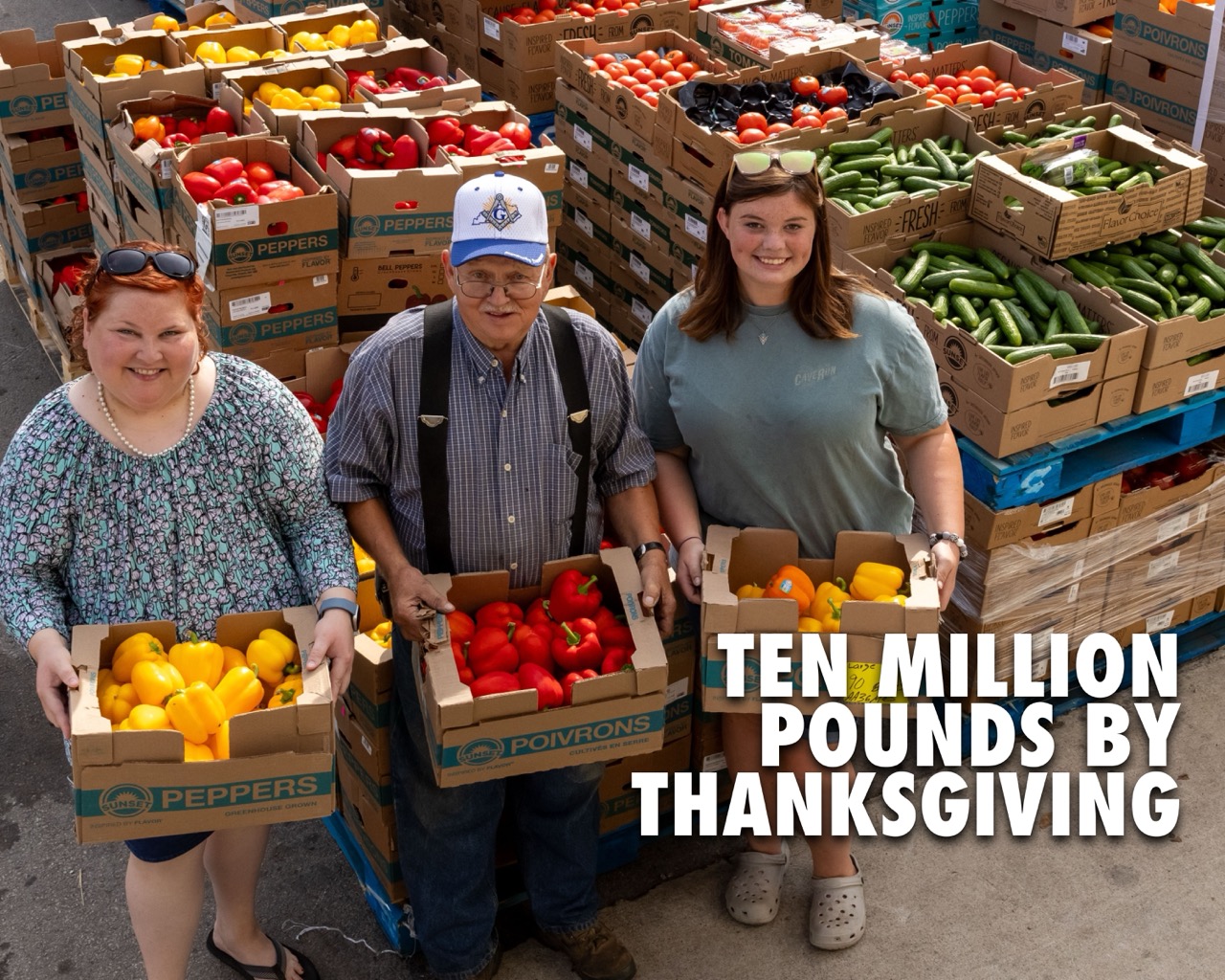
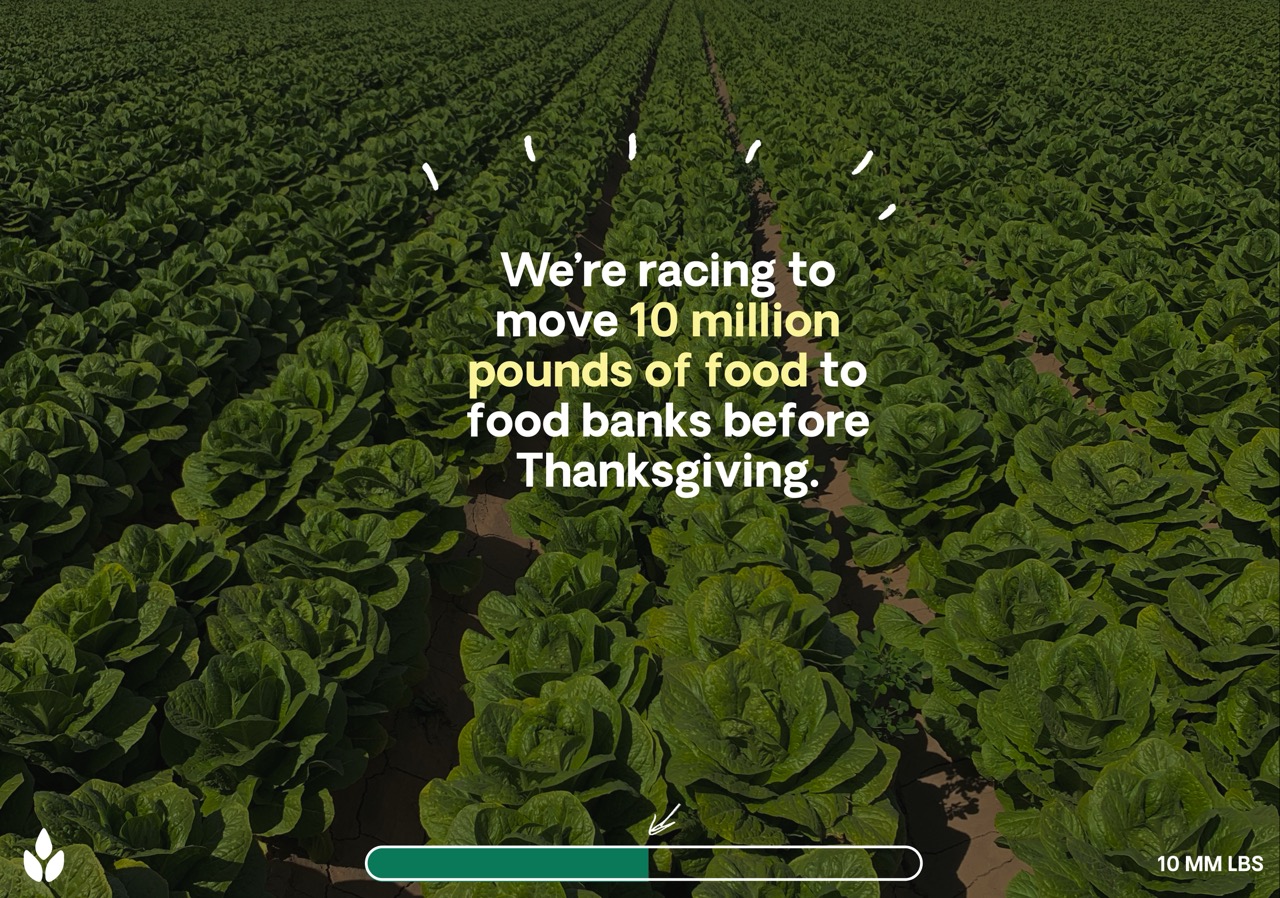
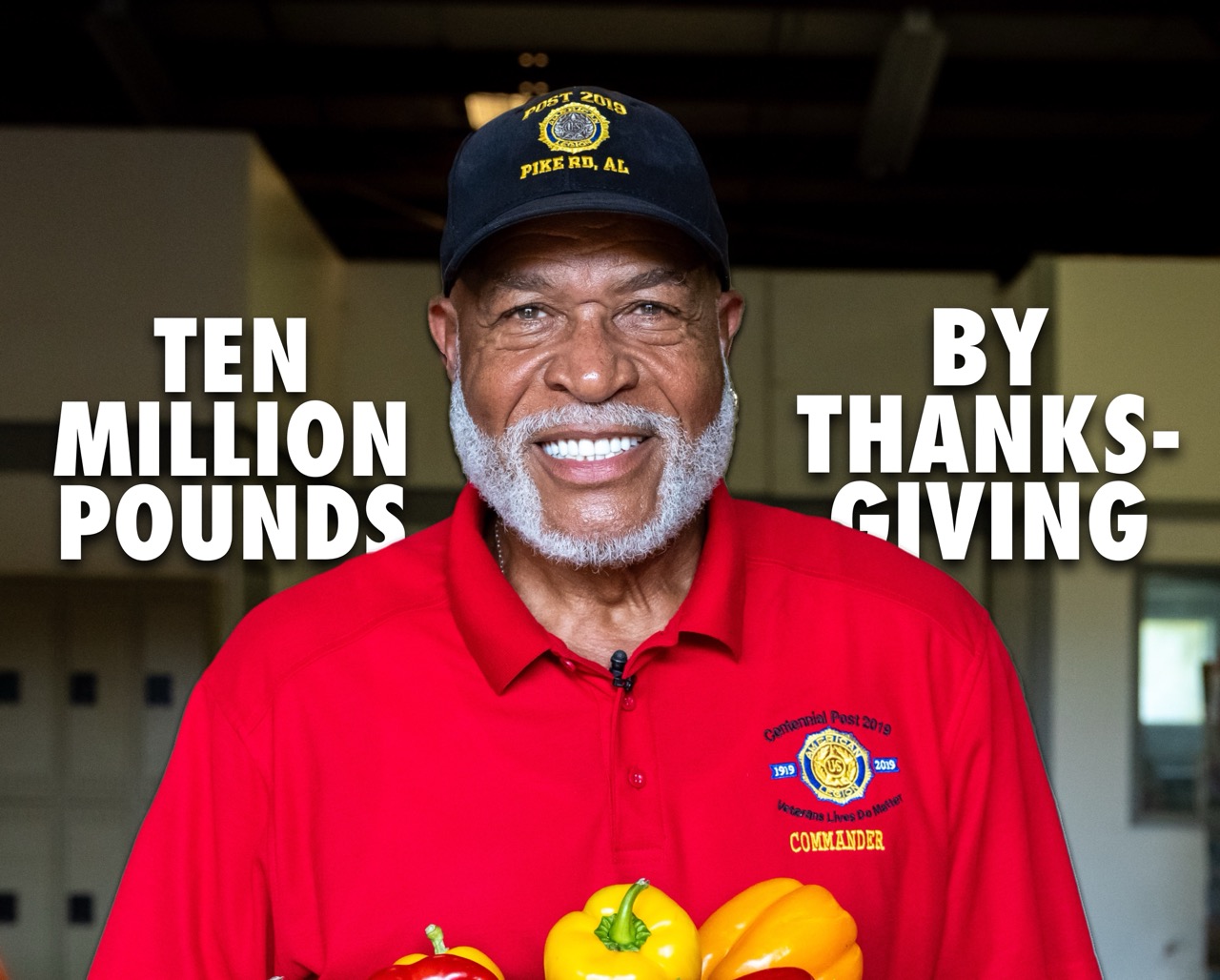
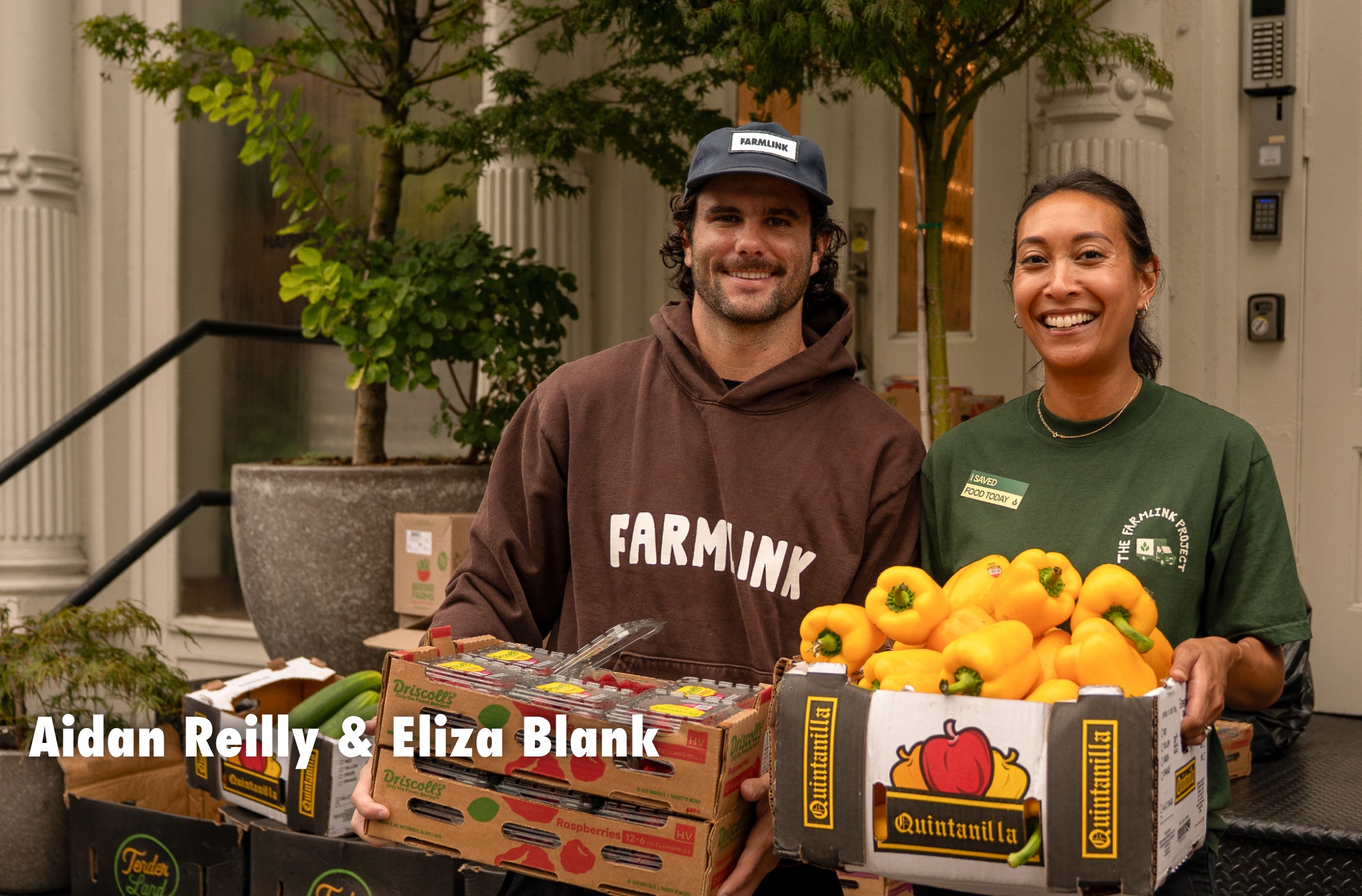
.svg)
.svg)
.svg)